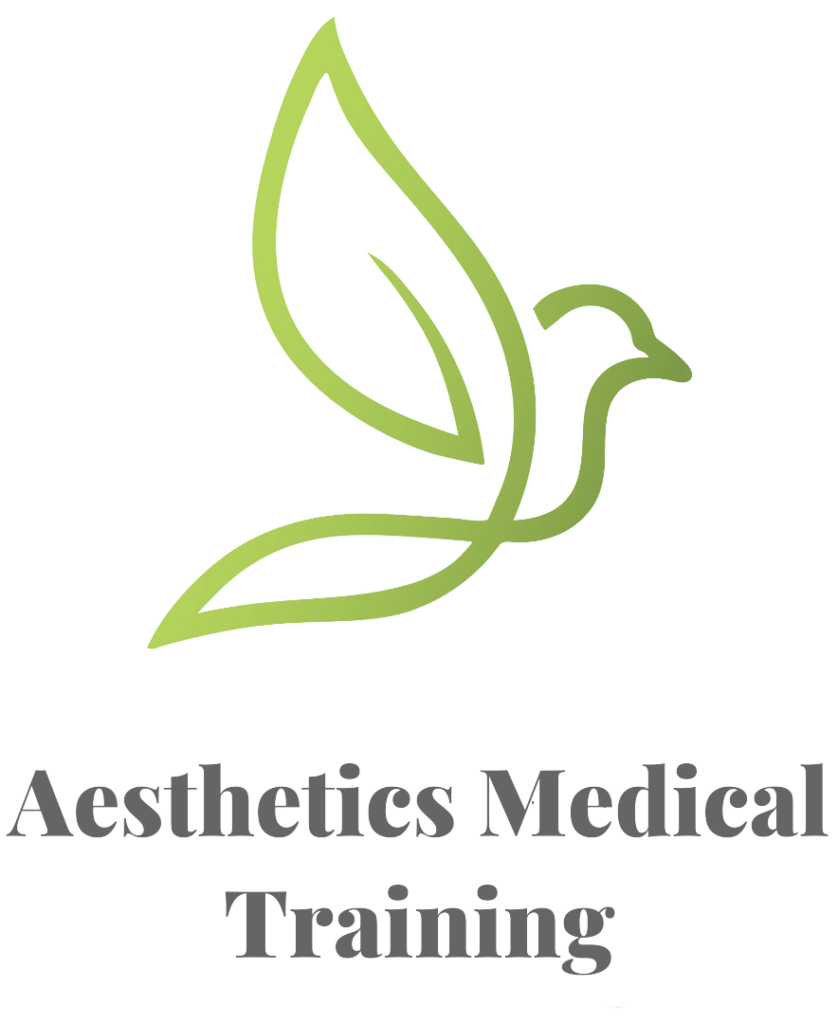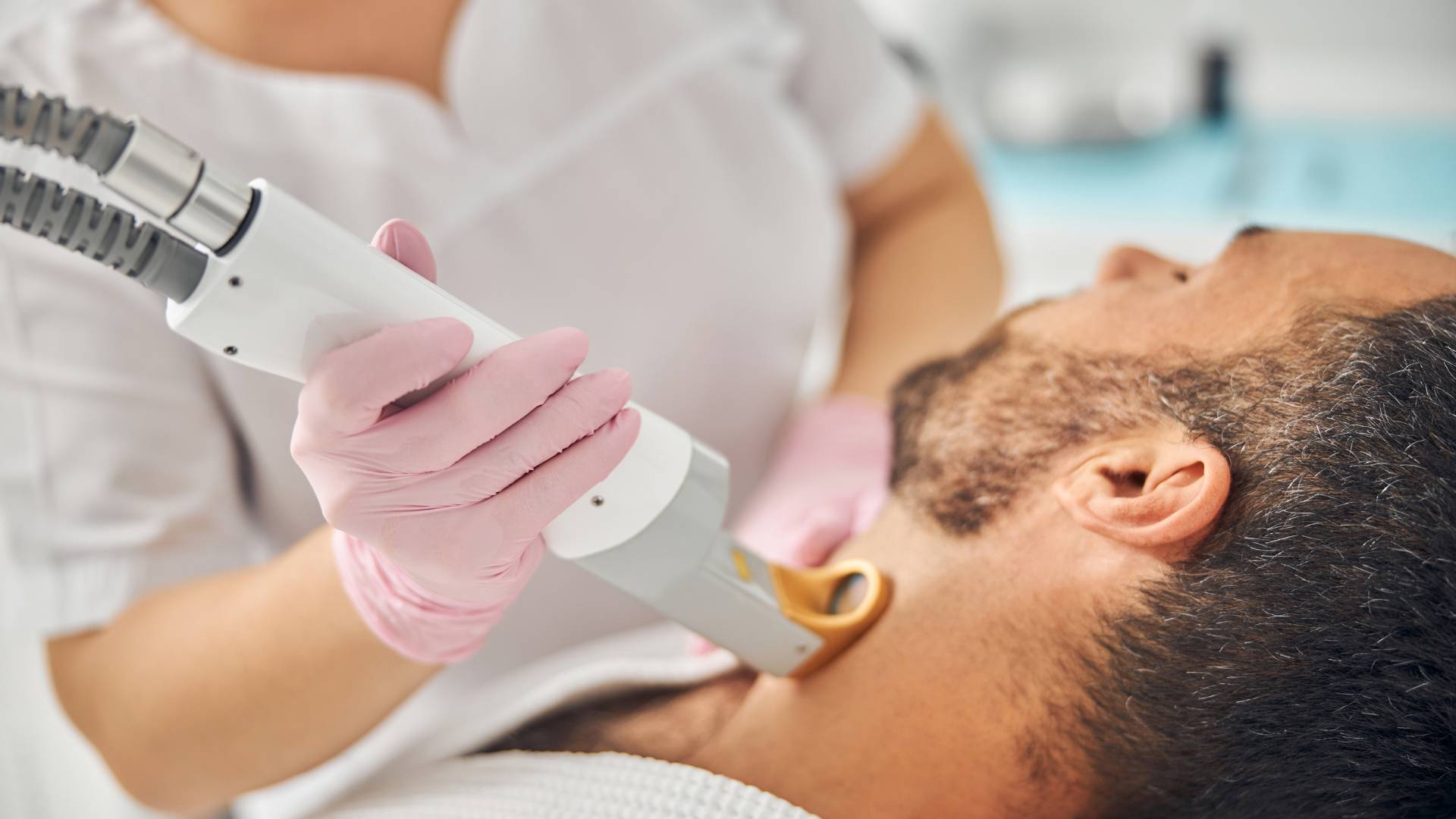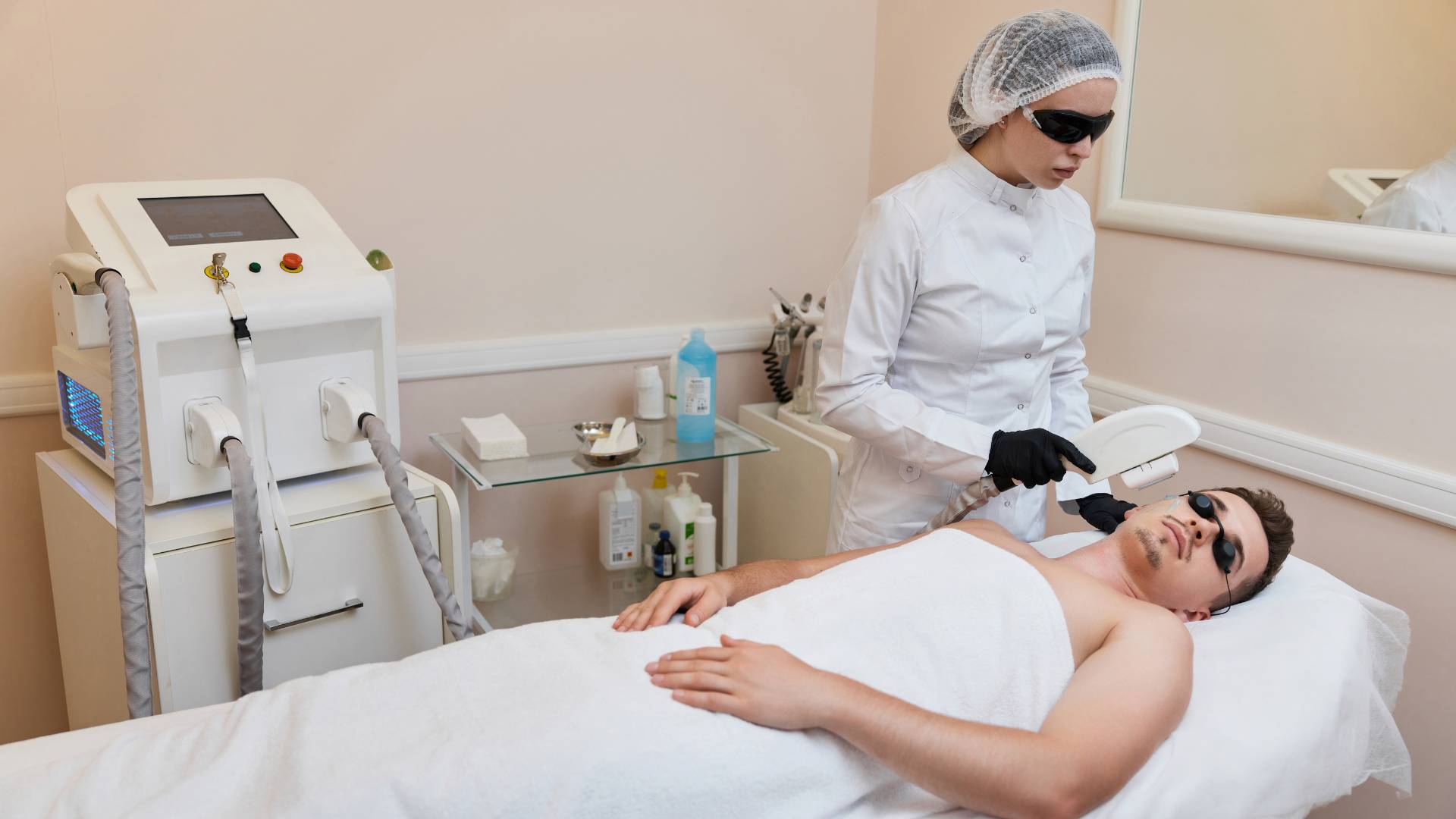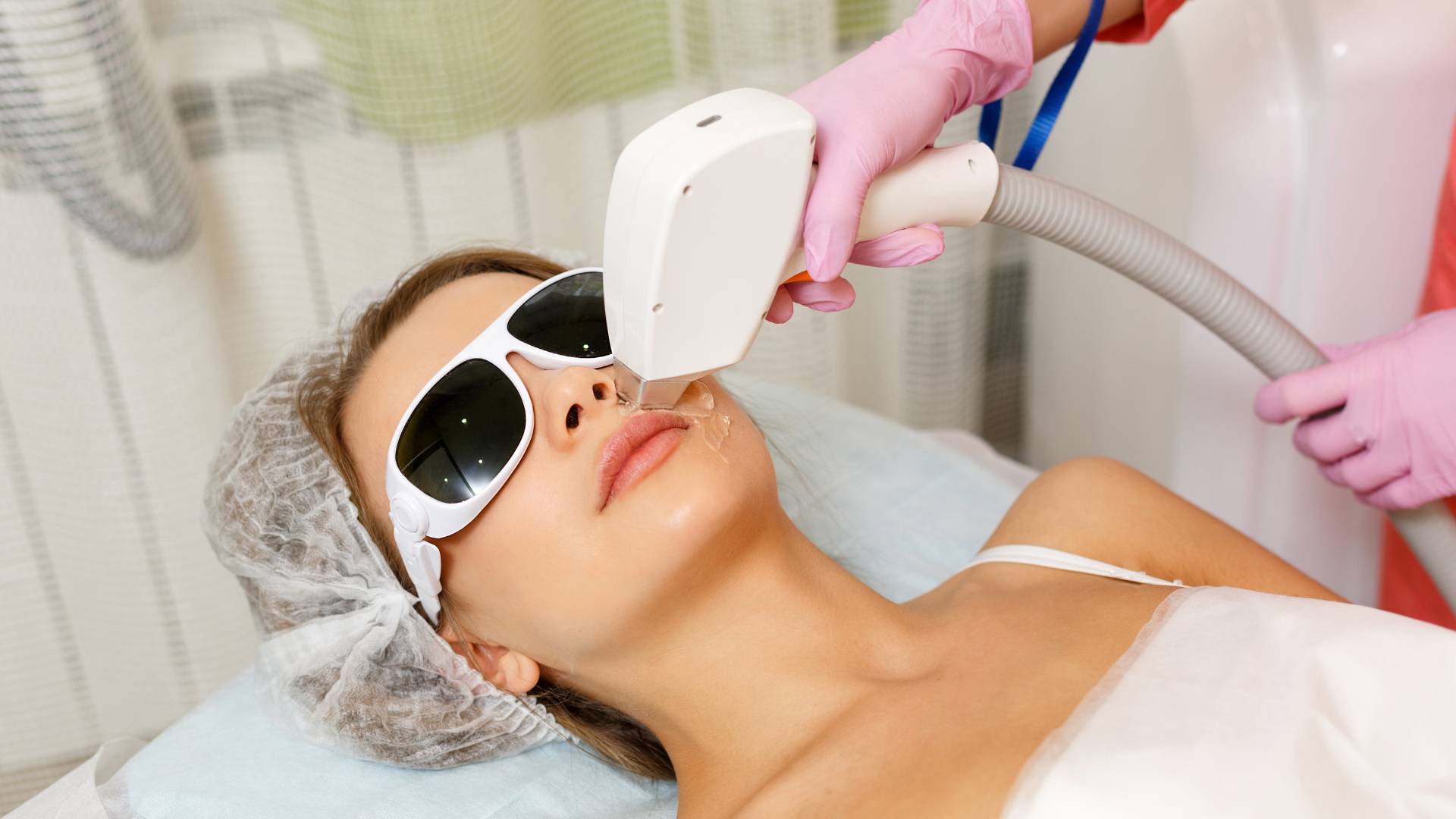The beauty sector is witnessing a surge in demand for laser hair removal services. As a non-invasive, efficient method of hair removal, its popularity has skyrocketed in recent years. Studies indicate that the global laser hair removal market size is expected to grow substantially, driven by advances in laser technology and increasing consumer awareness about aesthetic procedures.
For laser hair removal technicians, obtaining proper training and certification is not just a requirement but a necessity for ensuring safety and effectiveness. With the use of advanced medical energy devices, understanding the nuances of laser treatments, skin types, and safety precautions is crucial. If you’ve ever considered a career in this dynamic industry, you’re in for an enlightening journey.
Understanding Laser Hair Removal
The journey to becoming a laser hair removal specialist starts with grasping the basics of this fascinating field. Let’s dive into the world of laser technology and discover how it’s revolutionizing the beauty industry.
Basic Principles of Laser Hair Removal
- At its core, laser hair removal involves the use of concentrated light beams (lasers) to target and damage hair follicles, inhibiting future hair growth. This process is not only effective but also offers longer-lasting results compared to traditional methods like shaving or waxing.
- The key to successful laser hair removal is the laser’s ability to differentiate between the hair follicle and the surrounding skin. This is achieved through a principle called selective photothermolysis, where the laser light is absorbed by the pigment in the hair follicle without harming the surrounding skin.
Types of Lasers and Their Uses
- There’s a variety of lasers used in hair removal, each suited for different skin types and hair colors. Common types include the Alexandrite laser, Diode laser, Nd:YAG laser, and IPL (Intense Pulsed Light) devices.
- For instance, the Alexandrite laser is often preferred for treating lighter skin, while the Nd:YAG laser is more suitable for darker skin tones. Understanding these differences is crucial for laser hair removal technicians to ensure safe and effective treatment.
The Science Behind Targeting Hair Follicles
- Lasers work by emitting a wavelength of light absorbed by the pigment (melanin) in the hair. This light energy is converted to heat, damaging the hair follicles and hindering future hair growth.
- The efficacy of this treatment depends on several factors, including hair color, skin type, and the growth phase of the hair. This is why multiple sessions are often needed to achieve the desired result.
In the upcoming sections, we’ll explore the training and qualification paths, delve into certification requirements, and provide insights into building a successful career in this vibrant field. Get ready to turn your interest in laser technology into a thriving profession in the beauty sector!
Training and Qualifications
After exploring the fascinating world of laser technology and its application in hair removal, let’s look at the training and qualifications needed to become a proficient laser hair removal specialist.
Qualifications:
- A high school diploma or equivalent is usually the minimum requirement. For those in the medical field, like Physician Assistants or Licensed Estheticians, additional certifications may be needed.
- Most regions require completion of a certified training program from an accredited laser school, such as the National Laser Institute or the Texas Laser Institute, to practice legally.
Training Process:
- Programs vary from short courses to extensive apprenticeships, covering both theoretical knowledge and practical skills.
- Training includes learning about different laser types, safety protocols, skin types, and various laser procedures like Skin Resurfacing and Skin Tightening.
- Hands-on training is a key component, where students practice using laser equipment under expert supervision.
Essential Skills and Knowledge:
- Specialists must understand skin anatomy and hair follicles, different laser devices, and patient care, including consultation and post-treatment advice.
- Keeping up-to-date with licensing requirements, certification processes, and ongoing advancements in the field is crucial for maintaining a valid practice.
Next, we’ll dive into certification and licensing, as well as career opportunities. This career path is an exciting blend of science, beauty, and patient interaction, offering a world of possibilities for those passionate about aesthetic treatments.
Certification and Licensing
Diving into a career in laser hair removal is not just about mastering the skill – it’s also about navigating the world of certifications and licensing, which are crucial for both legal compliance and professional excellence.
Certification Processes
- The journey to certification typically begins after completing an accredited laser hair removal training program. These programs, offered by institutions like the National Laser Institute or the Texas Laser Institute or training centers, such as Aesthetics Medical Training, provide comprehensive knowledge in laser technology, safety, and skin care.
- Post-training, you may need to pass a certification exam. Certifications like the Certified Laser Hair Removal Professional (CLHRP) or the Senior Laser Hair Removal Technician certificate validate your proficiency and knowledge in the field.
- For more advanced laser procedures, such as skin resurfacing or non-ablative skin rejuvenation, specialized certifications are available. These ensure that you are equipped with the latest techniques and understandings in these specific areas.
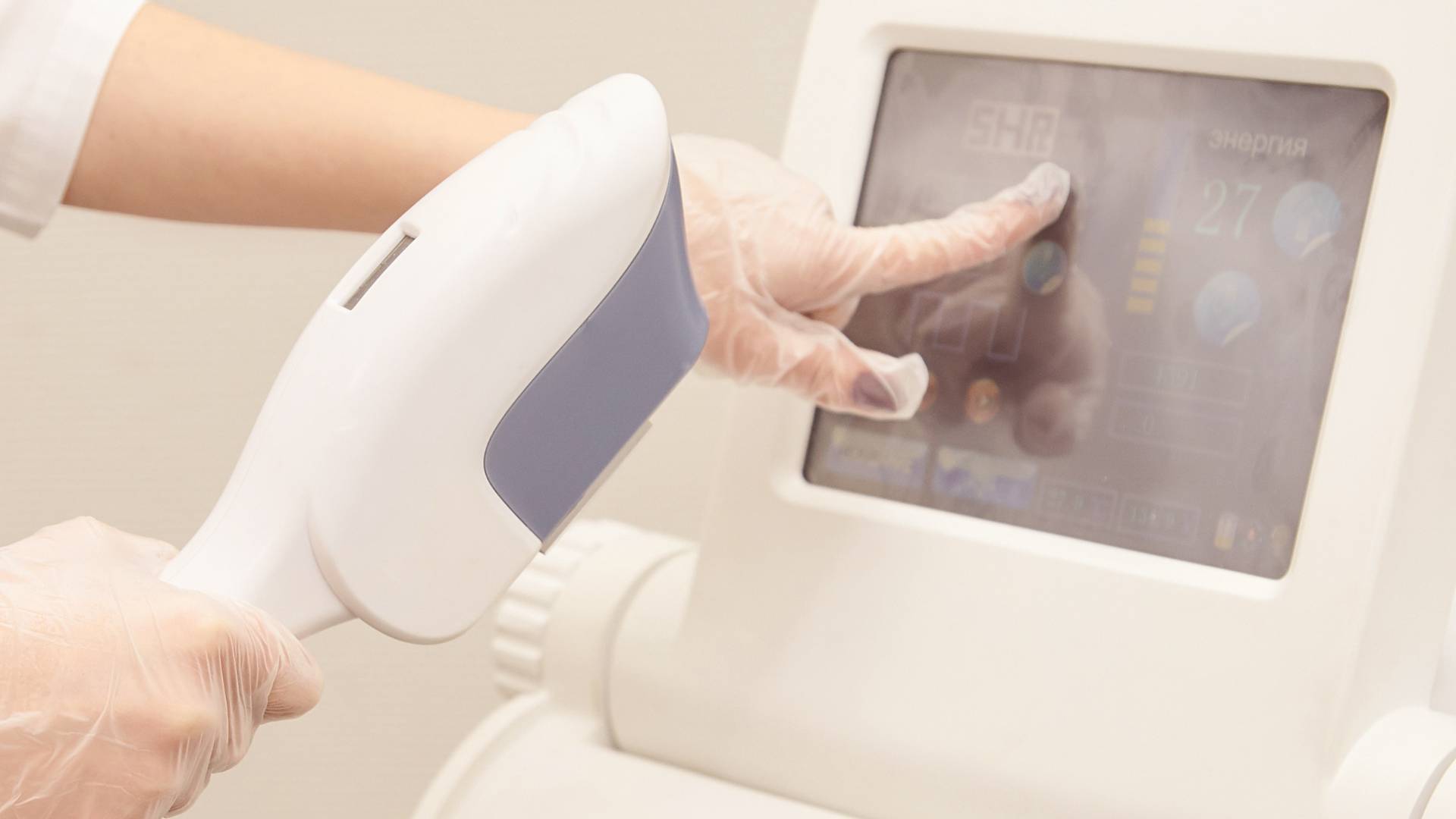
Licensing Requirements Vary by Region:
- Licensing requirements for laser hair removal technicians can vary significantly from one region to another. For example, some states in the U.S. may require a specific laser technician license, while others might accept a general esthetician license.
- It’s important to research and understand the licensing requirements specific to your area. This might include obtaining an esthetician license, a medical electrologist license, or a laser practitioner license, depending on local regulations.
Examples of Certifications in the Field:
- Certified Laser Technician (CLT): A foundational certification for those starting in the field.
- Advanced Laser Hair Removal Certification: For more experienced technicians, focusing on complex laser hair removal procedures.
- Medical Aesthetician Certification: Combines laser hair removal expertise with broader aesthetic training, ideal for those who want to offer a wider range of services.
- Laser Safety Officer (LSO) Certification: Essential for those who will be responsible for the safety aspects of laser operation in clinics or medical settings.
Obtaining the right certifications and licenses is a key step in your journey as a laser hair removal technician. It not only solidifies your credibility but also ensures that you provide the highest standard of care to your clients. As you progress in your career, remember that learning and adapting are part of the exciting journey in this ever-changing industry.
Practical Experience
Having explored the essential steps of certification and licensing, it’s clear that theoretical knowledge is just one side of the coin. The other, equally important aspect, is gaining practical experience. This hands-on training is where aspiring laser hair removal technicians truly hone their skills and prepare for real-world scenarios.
Gaining Hands-On Experience:
- Internships or apprenticeships, often provided by institutions like the National Laser Institute or our Aesthetics Medical Training school, are invaluable. They offer a chance to work with various laser devices and technologies, under expert guidance.
Training in Different Skin Types and Hair Textures:
- Practical training exposes you to diverse skin types and hair textures. It’s essential for ensuring safe and effective treatment for all clients.
This stage of your training is where you learn the real art of laser hair removal. From basic techniques to advanced cosmetic procedures, it’s a crucial step in building your career in the dynamic beauty industry. Remember, the broader your hands-on experience, the more versatile and competent you’ll become as a specialist.
Starting Your Career
Embarking on a career in laser hair removal is an exciting journey. With your training and certifications in hand, you’re ready to take the beauty industry by storm. Here’s how to get started:
Beginning Steps:
- Make sure you have the necessary certifications and licenses.
- Start with an apprenticeship or join a clinic to gain experience. Keep up with the latest in laser treatments, like skin resurfacing and skin tightening.
Building Your Client Base:
- Network within the beauty industry and connect with peers and medical professionals for referrals.
- Use social media and digital marketing to showcase your work and attract clients.
Choosing Your Path:
- Joining a practice offers stability and experience. It’s a great way to start and build your reputation.
- Starting your own business requires more effort but gives you more control and potential growth.
Whichever route you take, remember to stay committed to safety and high-quality patient care. Your journey in the dynamic world of laser hair removal is just beginning, and it’s filled with opportunities to grow and thrive in the beauty industry.
Aesthetics Medical Training – Online Cosmetics Laser Training
Welcome to our innovative aesthetic medical training center, a hub where healthcare professionals can expand their expertise into the exciting world of cosmetic laser treatments. Our courses are meticulously designed to cater to the needs of Registered Nurses (RNs), Advanced Practice Registered Nurses (APRNs), and other qualified healthcare professionals, providing them with the knowledge and skills required to excel in the field of laser hair removal and other cosmetic laser procedures.
The training includes in-depth modules on laser safety, skin types, laser hair removal equipment, and patient care techniques, ensuring comprehensive knowledge in the field. We focus on the practical application of laser technology in various cosmetic procedures, preparing participants for real-world scenarios.
Upon completion, students will have a solid foundation to start their career as cosmetic laser technicians. Furthermore, they will receive a certificate, which is a stepping stone to obtaining licensing as a laser hair removal technician or cosmetic laser practitioner.
Our online training center represents a bridge between the medical field and the beauty industry, offering healthcare professionals a unique opportunity to expand their career into the aesthetic field. With a curriculum that covers the basics of laser hair removal to advanced laser training requirements, our graduates are well-prepared to meet the demands of this dynamic industry. Join us to explore the limitless possibilities that aesthetic laser technology offers.
